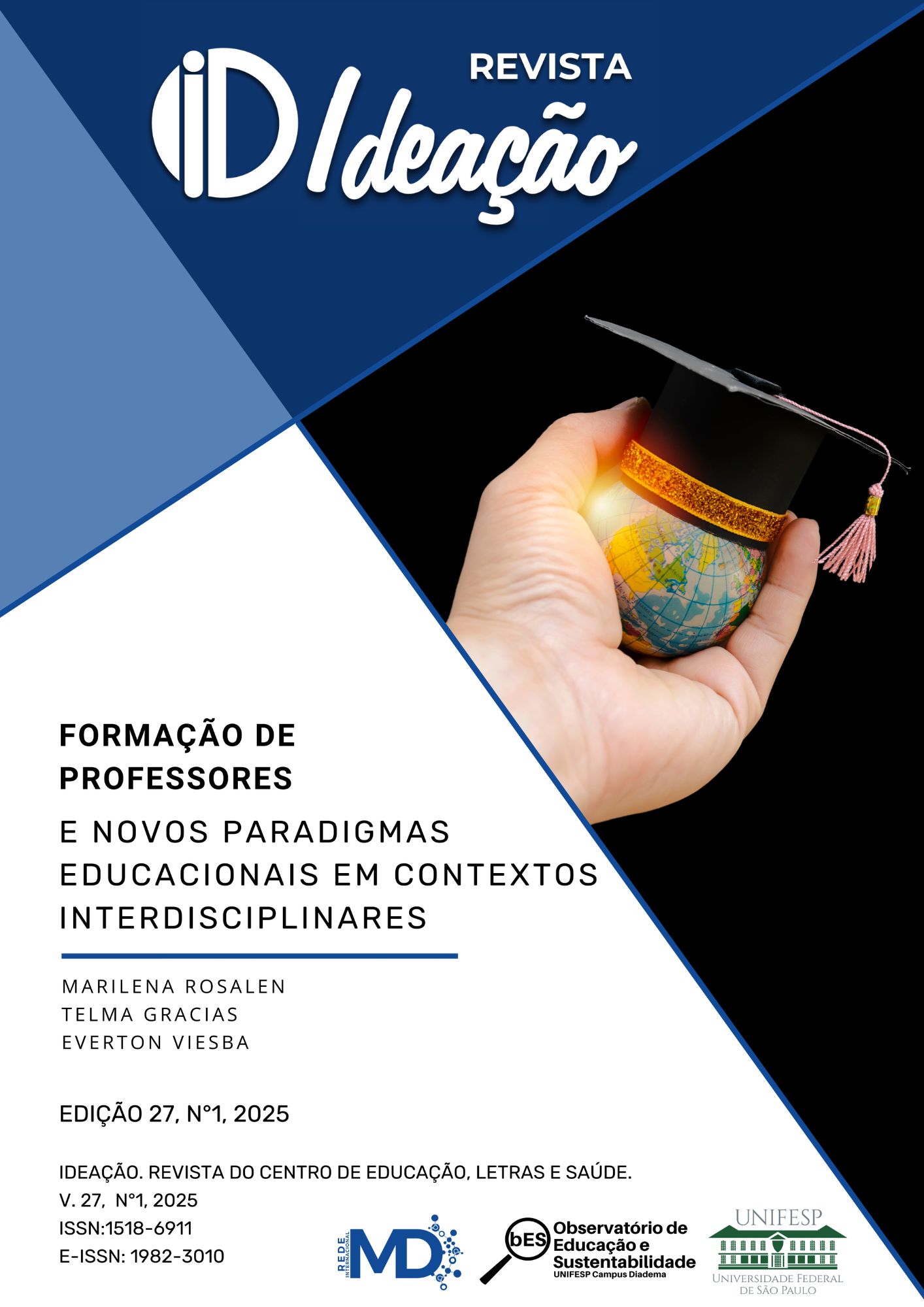THE SCHOOL LEADER AND THE PLAYFUL APPROACH IN TEACHER EDUCATION
DOI:
https://doi.org/10.48075/ri.v27i1.34802Keywords:
Early Childhood Education, Teacher Education, School Management, Playful ApproachAbstract
Teacher education in Early Childhood Education Centers in São Paulo faces historical and contemporary challenges, especially those related to the qualification of pedagogical practices. The implementation of a playful approach during the PEA (Special Action Project) moments has the potential to contribute to improving these practices. Its main objective is to present a discussion on a playful approach, grounded for PEA moments. It conducts bibliographic and documentary research, analyzing the PEA document based on content analysis methodology. The investigation discusses how the adoption of playful practices can contribute to the continuous professional development of teachers, promoting meaningful learning, creativity, and critical reflection. It also clarifies the strategic role of the school leader in implementing and leading pedagogical changes that favor and surpass collaborative practices aligned with curricular guidelines. Finally, it reinforces the potential to overcome cultural resistances in teacher education, suggesting the formation of partnerships and the creation of conditions for the effective incorporation of the playful approach within the school context.
Downloads
Published
How to Cite
Issue
Section
License
Copyright (c) 2025 Direitos partilhados conforme licença CC BY-NC-SA 4.0

This work is licensed under a Creative Commons Attribution-NonCommercial-ShareAlike 4.0 International License.
Authors who publish in this journal agree with the following terms:
1. Authors maintain copyright and grant the journal the right of first publication, with the work simultaneously licensed under the Creative Commons Attribution License that allows the sharing of the work with recognition of authorship and initial publication in this journal.
2. Authors are authorized to assume additional contracts separately, for non-exclusive distribution of the version of the work published in this journal (e.g., to publish in an institutional repository or as a book chapter), with acknowledgment of authorship and initial publication in this journal.
3. Authors are allowed and encouraged to publish and distribute their work online (e.g., in institutional repositories or as a personal page) at any point before or during the editorial process, as this may generate productive changes, as well as increase the impact and citation of the published work (See The Effect of Free Access).
Creative Commons License
This work is licensed under a Creative Commons Attribution-Noncommercial-ShareAlike 4.0 International License, which permits sharing, copying, distributing, displaying, reproducing, the whole or parts provided it has no commercial purpose and the authors and source are cited.


